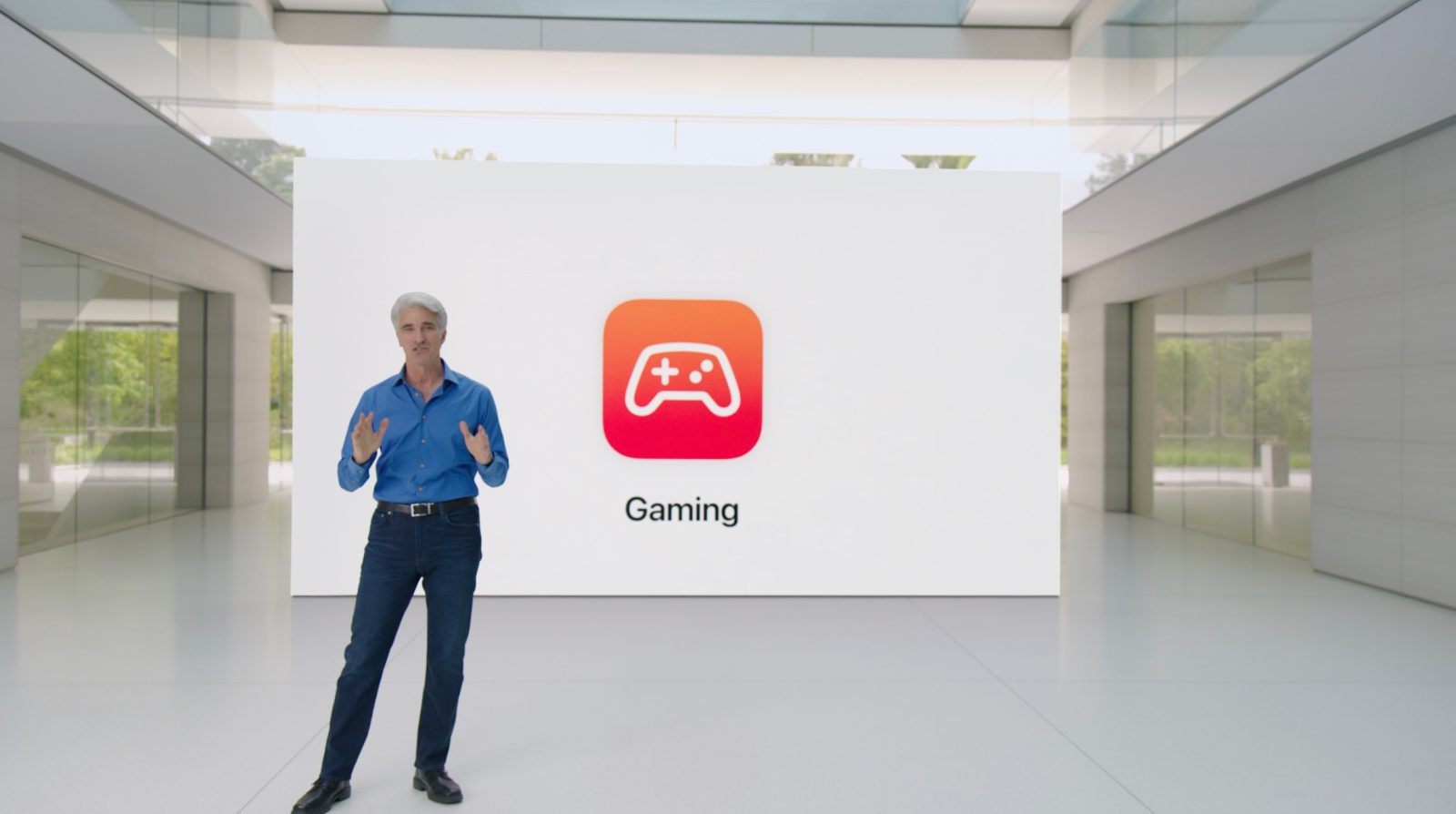
Although Apple has always tried to sell the idea that its devices are great for gaming, the company’s platforms lack many popular console-level titles – partly because Apple has super-restrictive App Store guidelines. In recent years, however, Apple has been trying to change this – and the latest effort to bring games to macOS is a big deal.
Apple and games
Even before the iPhone and the App Store existed, I remember seeing Apple promoting games available for the Mac. After the introduction of the first Intel Macs with Nvidia GPUs, this became even more intense. For instance, the introduction video for the first MacBook Unibody in 2008 promoted Need for Speed Carbon, a popular title at the time that had a Mac version.
Then the iPhone and iPad came along, and Apple has always emphasized that these devices also work as great portable game consoles. At the time, the App Store had just been launched, and many new mobile games were being developed for iOS. And Apple proudly compared the sales of games in the App Store with the sales of PSP and Nintendo DS games in its keynotes.
And in fact, although the iPhone hardware wasn’t capable of running console-level games, I ended up spending more time playing Fruit Ninja and Angry Birds than any title on my gaming consoles. It seemed only a matter of time before we saw more advanced games on iOS, but aside from a few exceptional titles, this didn’t happen.
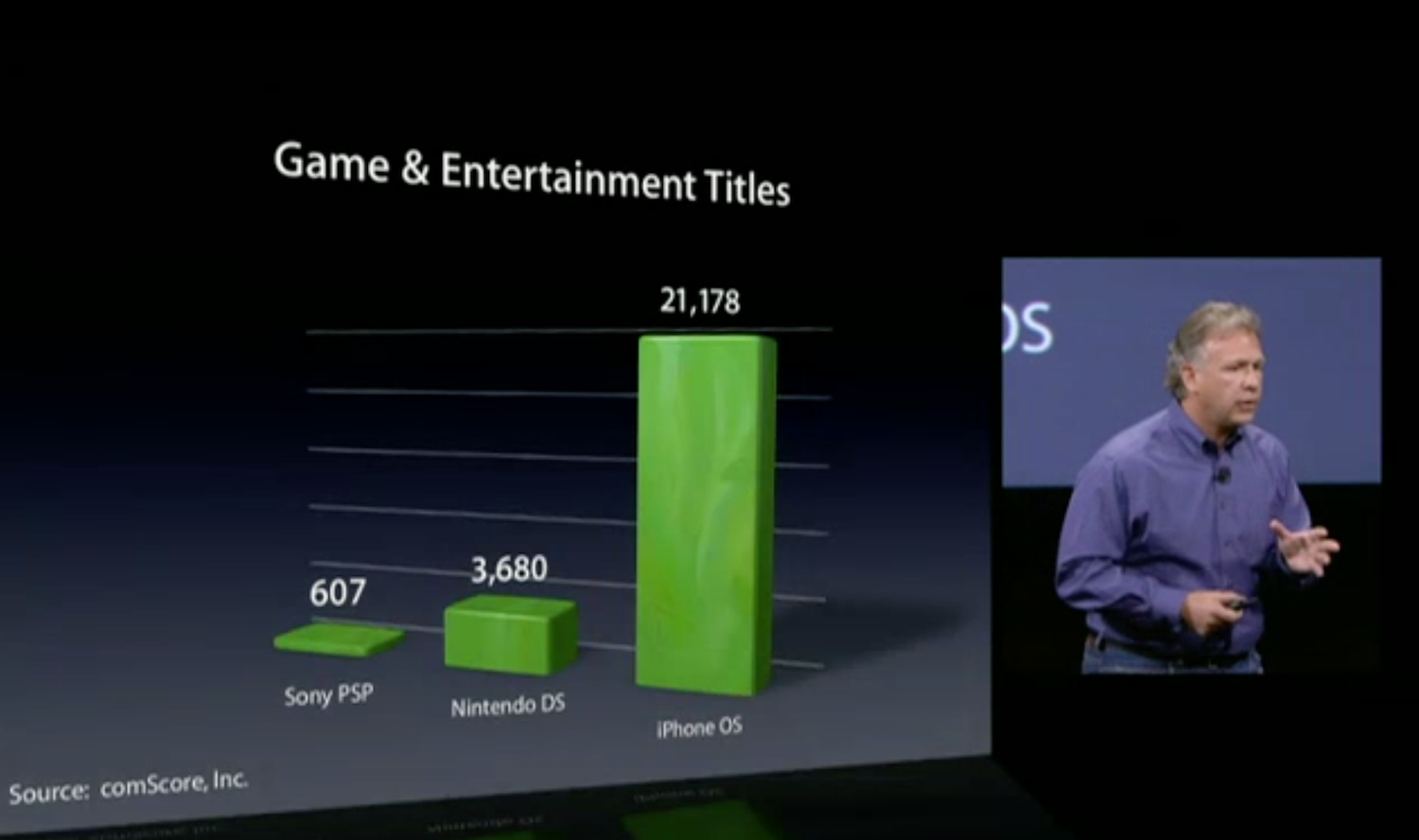
Why aren’t there many AAA games for iOS and macOS?
The Mac and iPhone had different reasons for not having console-level games. When it came to the Mac, the hardware in most Intel models (especially laptops) was insufficient to run 3D games. Combine this with the fact that the Mac has an infinitely smaller market share than Windows, and only a few developers bothered to bring their games to the Mac, no matter how hard Apple tried to make it happen.
On the other hand, the iPhone and iPad got more powerful chips every year since the introduction of the A4, the first chip designed by Apple. But even then, big developers never seemed interested in bringing their games to the platform – not even now that an iPad has the same chip as a Mac. And that’s because of the App Store.
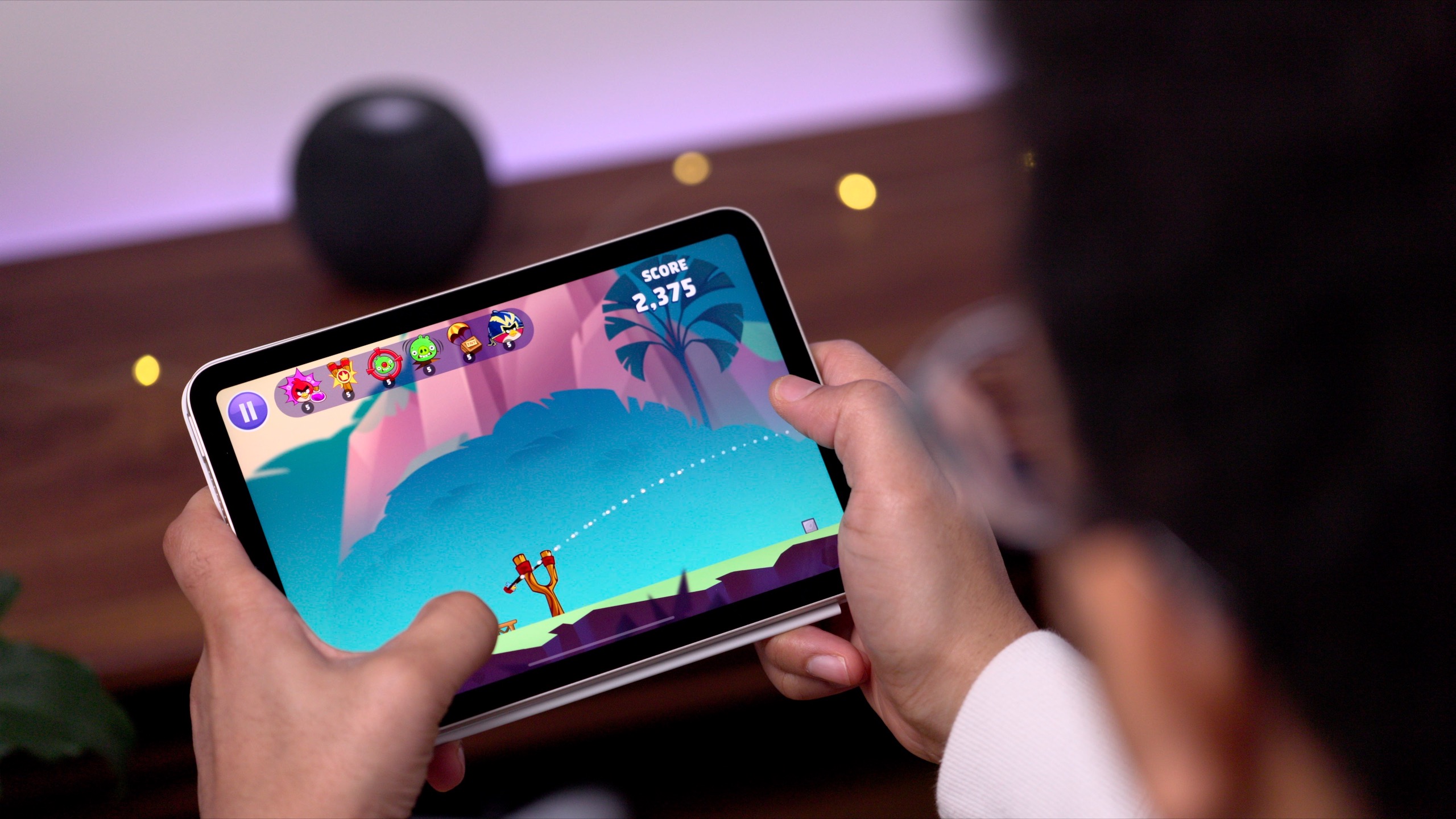
Video game industry
The gaming market is quite different from the mobile app market. Steam, one of the world’s most popular digital game stores, had similar requirements to the App Store. Developers had to pay a 30% commission on all game sales, but increasing competition forced Steam to be a bit more flexible.
Epic Games Store, for instance, only takes 12% commission from game developers – and it also lets developers keep all profits from in-game sales if they use their own payment system. At the same time, big game publishers like Electronic Arts and Rockstar also have their own digital stores to distribute their games.
On platforms like Android, Windows, or even macOS, users can buy games from any of these digital stores. But on iOS, the App Store is the only option available. And as we’ve seen after the Epic v. Apple case, having a game banned from the App Store means that no one else will ever be able to play it on the iPhone and iPad.
And while Apple’s 30% commission is certainly one of the main reasons why some game developers choose not to offer their titles on the platform, the App Store’s strict guidelines also end up pushing some game makers away.
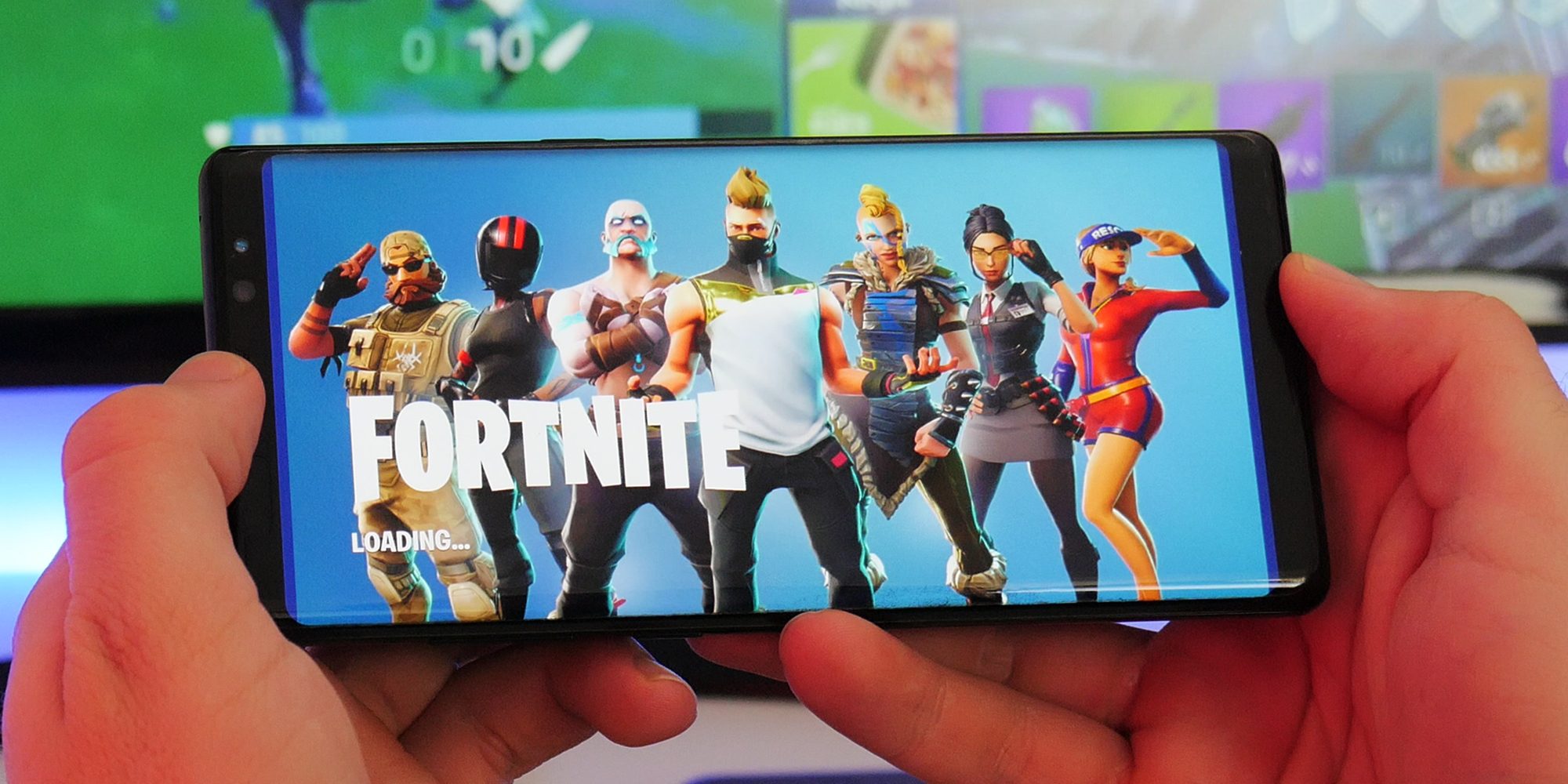
Apple must stop pushing game developers away
For example, while violent games are allowed in the App Store, there are a lot of restrictions on distributing titles in this category – including things that developers can’t show in screenshots. Another example is how the company forced tvOS developers to make all their games compatible with Siri Remote, even if the game had support for game controllers.
With all these rules, many developers prefer not to distribute their games for iOS rather than deal with App Store guidelines. Just think about how the Nintendo Switch, which basically has an SoC of an entry-level smartphone, has many more popular games than iPhone and iPad.
But there’s hope for Apple, especially after WWDC 2023. Since the launch of Apple Arcade in 2019, Apple has been trying to show that it cares about gamers. But this year, the company finally became serious about turning its devices into gaming platforms.
Hope for the future
macOS Sonoma introduces a new Game Porting Tool that will help developers port their Windows games to the Mac with little or no effort. The tool translates DirectX 12 to Metal 3 in real time and helps developers to rebuild their games natively for Apple platforms. At the same time, macOS 14 has a Game Mode that manages hardware resources to deliver the best performance when a game is running.
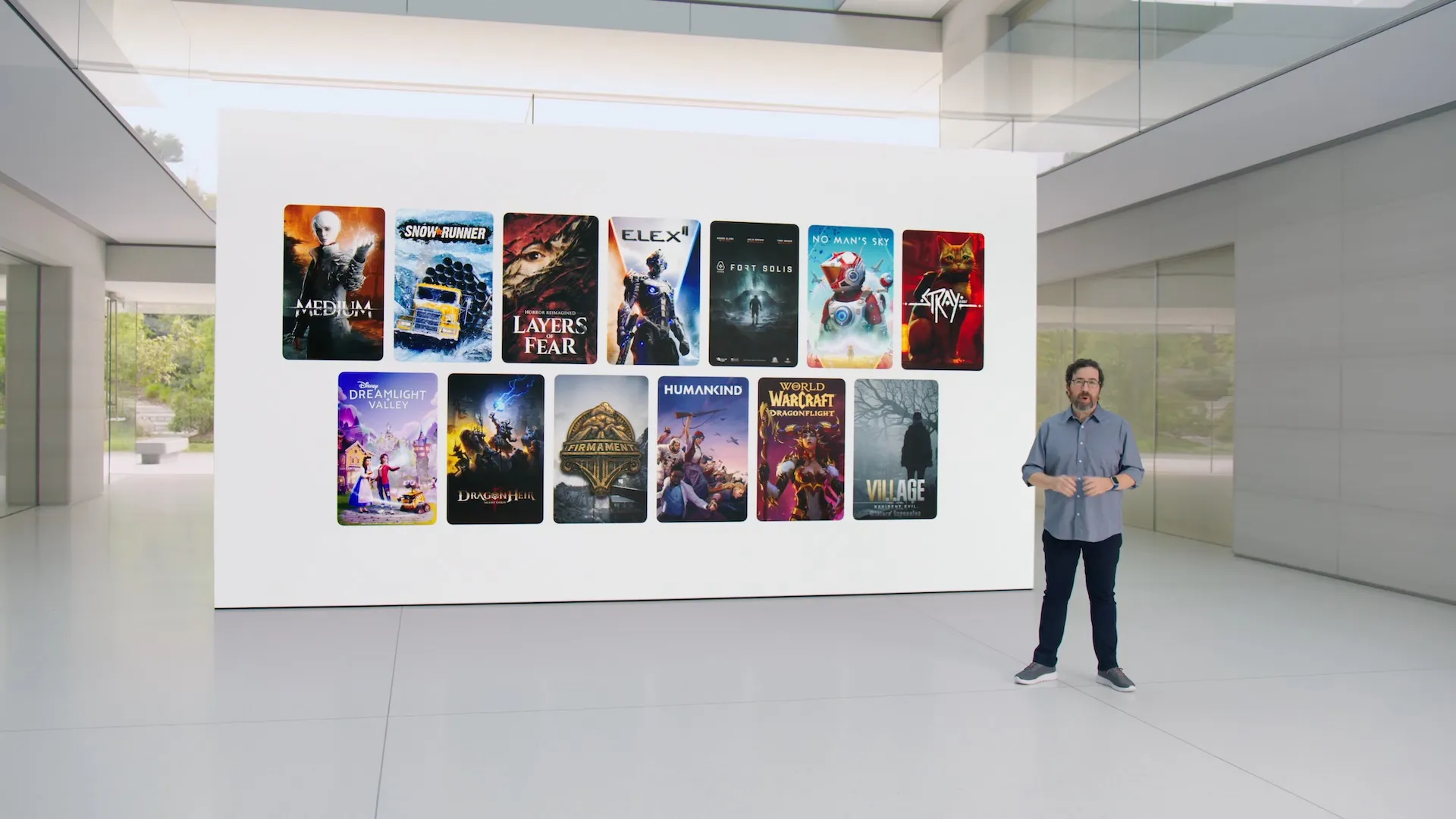
Now with Apple Silicon chips, even entry-level Macs are capable of running 3D games, and Apple seems proud of that. During the WWDC 2023 keynote, the company also highlighted multiple AAA games that have been released or are coming to the Mac this year, such as Resident Evil Village and Stray.
Apple’s devices are certainly capable of running advanced games. What the company needs to do now is embrace this idea and work with game developers to understand their needs instead of simply imposing rules. There’s still a long way to go, but it seems that Apple is now more open to having game developers on its side – and I’m excited to see the result.
Add 9to5Mac to your Google News feed.
FTC: We use income earning auto affiliate links. More.







